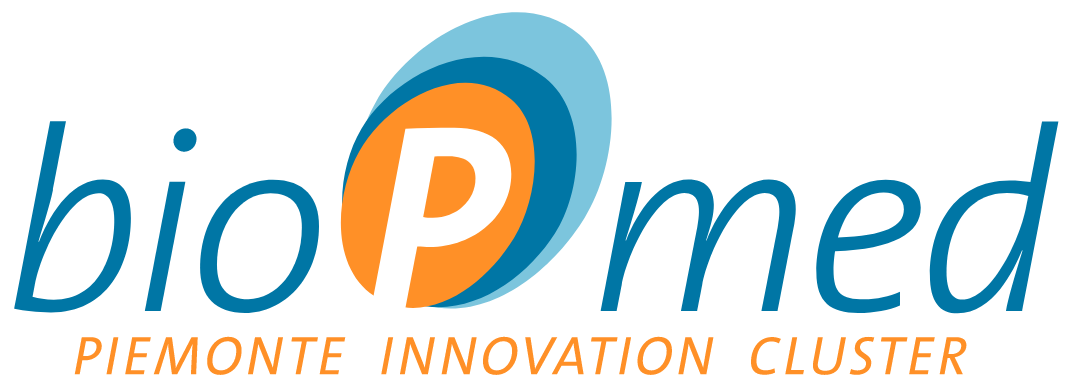Details
Project title: Epigenetic screening to monitor mesenchymal stromal cells in culture.
Acronym: Epitest
Coordinator: Procelltech Srl
Type: Feasibility study
Annuality: Third
TP/LS membership: CMDI/HMNA1
Subjects involved: University of Turin
Status: Completed
Abstract: The EPITEST project carried out a feasibility study and developed an assay for the analysis of epigenetic modifications of samples derived from mesenchymal stem cells maintained in culture from small amounts of chromatin. With this assay, it is possible to monitor the characteristics of cell cultures during laboratory manipulations, so it is on the way to quality control of these materials.
Name: Santina Cutrupi
Organization: Università degli studi di Torino
Phone: Dept. Clinical and Biological Sciences 011-6705057, LIMA 0125-561427
E-mail: santina.cutrupi@unito.it
THE ACTIVITIES CARRIED OUT
In the project, the chromatin immunoprecipitation (ChIP) assay was optimized to use a low number of cells in order to process different samples in microplate system. Although the protocols of ChIP are well known, it was necessary to define a specific procedure for application to cultured stem cells that is currently
nonexistent. A critical point that is still little explored from a technical point of view is how to fragment small amounts of chromatin; in fact, current studies conducted on stem cells involve the use of large amounts of material that would lend themselves poorly to monitoring during the cell culture and expansion stages, given the preciousness of the material.
For the development of the protocol suitable for monitoring epigenetic changes on MSCs, the activities that were carried out were divided into Work Packages (WPs):
- Optimization of chromatin fragmentation amount from a few cells
- Optimizing the quantities of materials used in ChIP to be applicable for use in multi-well plates.
- Performance of the experimental procedures identified in 1) and 2) on cell cultures of mesenchymal stem cells certified and maintained in culture according to GMP procedures (STEMpro cells).
PROJECT RESULTS
The activities carried out achieved positive results for WP1 and 2, this allowed to define an experimental protocol applicable to a few cells (10,000). This protocol was then applied to CSM cells maintained in culture according to GMP guidelines during WP3.
At the end of this last WP, interesting results were obtained regarding the transcriptional factor OCT4. STEMpro cells at passage 2 (pg2) have a high signal for H3K4me3, an active gene marker, on the OCT4 gene promoter. This finding confirms that STEMpro mesenchymal cells at early passages expressed OCT4, also defined as a pluripotency marker. This signal drops progressively in cells at successive passages, although they still exhibit the same phenotype in terms of surface marker expression.
This indicates that the assay results developed in this feasibility study could be applied in protocols for monitoring the stemness status of cells during their expansion and production process in Cell Factories.
PROJECT NUMBERS
- Other Public Partners: University of Turin
- Total number of partners: 2
- Number of employed researchers (fixed-term and permanent and cocopro) involved: 2
- Duration in months: 14
- Total budget: 30.927,50 euro
- Funding: 16.296,50 euro
- Number of jobs retained at the end of the project: 2
- Number of public researchers involved: 1
